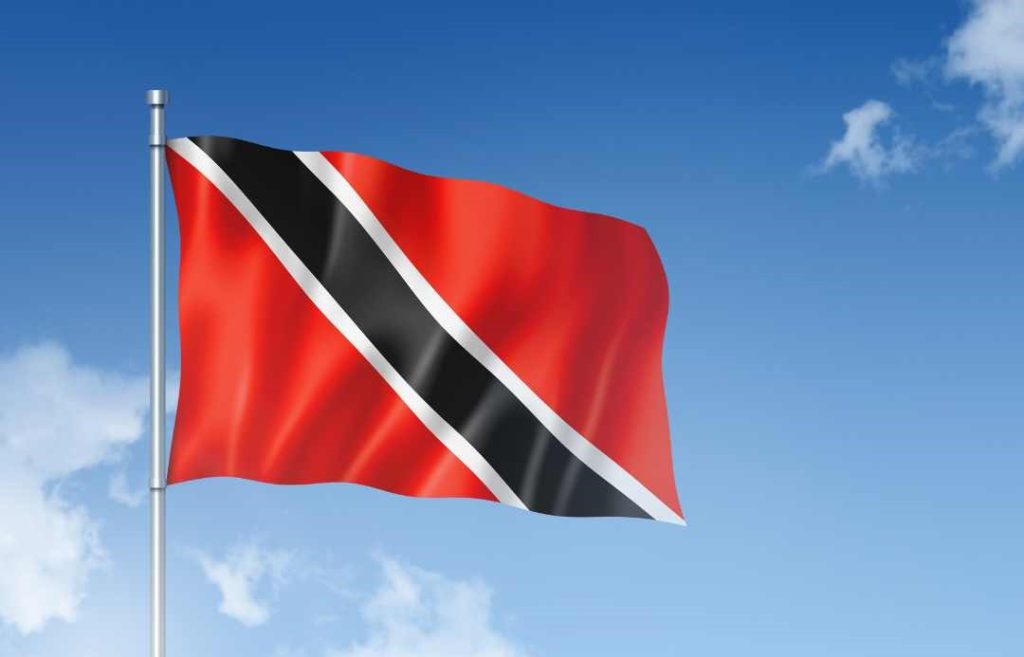IF, as some say, that our country is a failed state and on the edge of collapse, how come no complaint has emerged of public sector workers or pensioners or parliamentarians not getting paid.
How come grocery shelves and market stalls are not empty? How come there are no lines at the petrol stations? And how come the global credit rating agency Standard & Poor has given us a good credit rating and a positive growth outlook for the rest of the year.
Yes, crime remains a problem, but it is not the only criterion in judging a country’s performance.
The truth be told that the Government of Prime Minister Dr Keith Rowley has held together the body and soul of this nation since 2015, navigating a difficult period, both locally and across the world.
It is no secret that the Rowley government assumed office in September 2015, inheriting a lagging economy and extremely limited financial resources. To make matters worse, this administration was saddled with a huge debt at State-owned Petrotrin, as well as a commitment left by the People’s Partnership government for increased wages and back pay for public sector workers.
Added to this, the then Central Bank governor informed Finance Minister Colm Imbert that there was not enough money in the treasury to meet the country’s monthly financial obligations. If ever the country was on the brink of collapse, it was then.
Imbert revealed on several occasions that the government was operating on a hand-tomouth scenario, scrambling to pay public servants and struggling to keep the country afloat. It was as if the previous administration was on a scorched earth policy as they demitted office.
To the credit of Dr Rowley, Imbert and the Ministry of Finance’s innovative measures that were instituted to keep the country afloat, including renegotiating oil and gas contracts with major oil interests. The Rowley administration was able to pull this country from the brink.
Then came Covid-19, with all its burden and distress. Health Minister Terrence Deyalsingh and his team at the Ministry of Health moved swiftly to keep the pandemic under control. The Government followed the advice of the World Health Organisation (WHO).
The country was under an extended lockdown. And during this lockdown, all public sector workers received their wages as usual. No public sector worker or teachers were retrenched or lost pay. In addition, the Government embarked on a massive social programme, ensuring that all citizens had access to food and medical attention. It was costly, but necessary.
However, even while under this national emergency, the Opposition was criticising the Government and offering all kinds of spurious remedies, including sunlight and puncheon and lime to cure Covid-19. The Opposition even opposed the ministry’s vaccination programme. In fact, they also challenged the Ministry of Health in court at every turn.
As Covid-19 receded, the country was hit by unusual weather conditions that brought flooding, destruction of houses and unprecedented damage to roads. Works Minister Rohan Sinanan and his team are currently working to restore roads throughout the country. The Government continues to improve facilities of one kind or other in communities throughout the country.
Now that local government reform is about to be activated, we look forward to fewer complaints about the breakdown in community infrastructure and facilities.
Harry Partap
Tableland



Responses